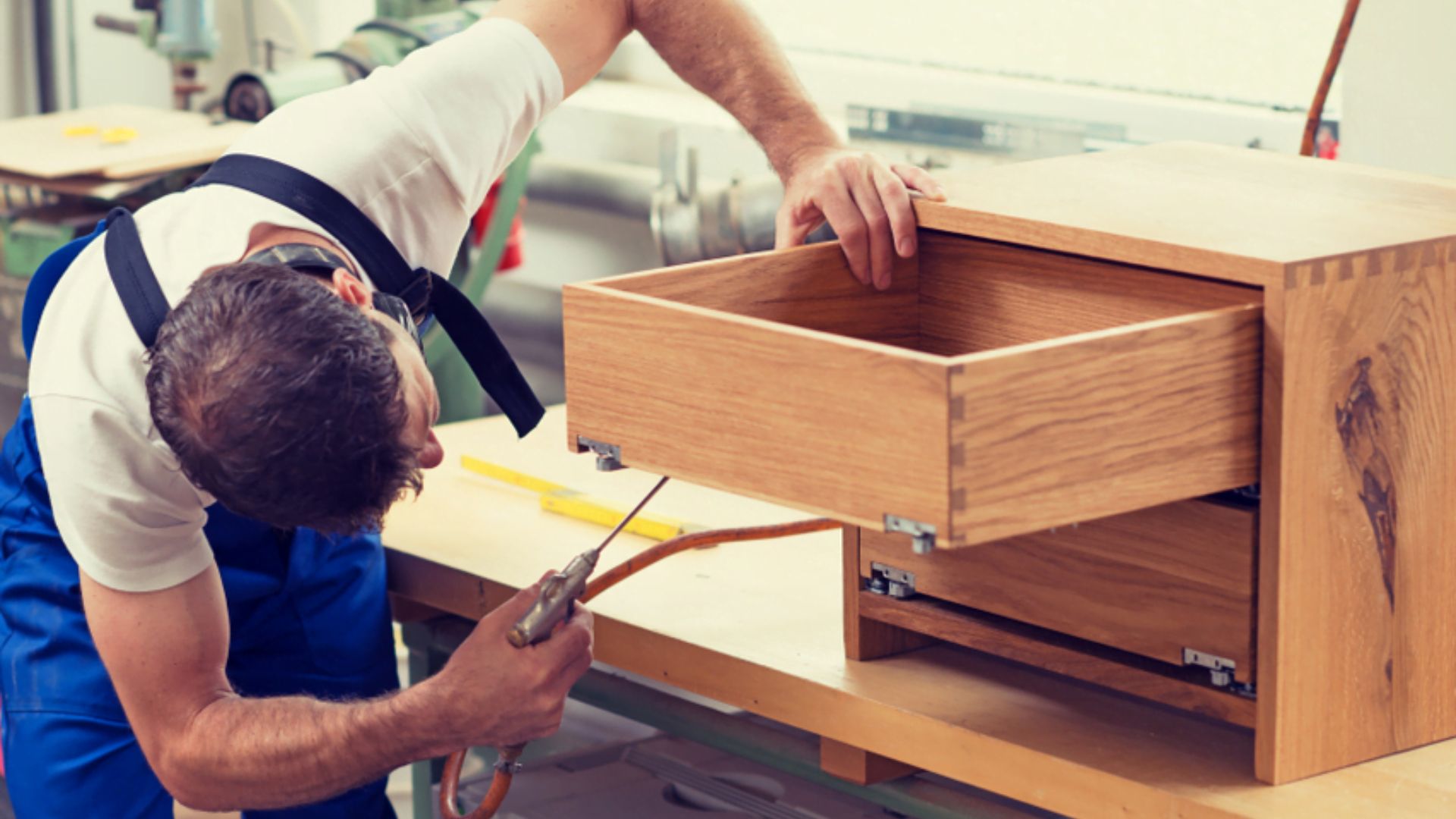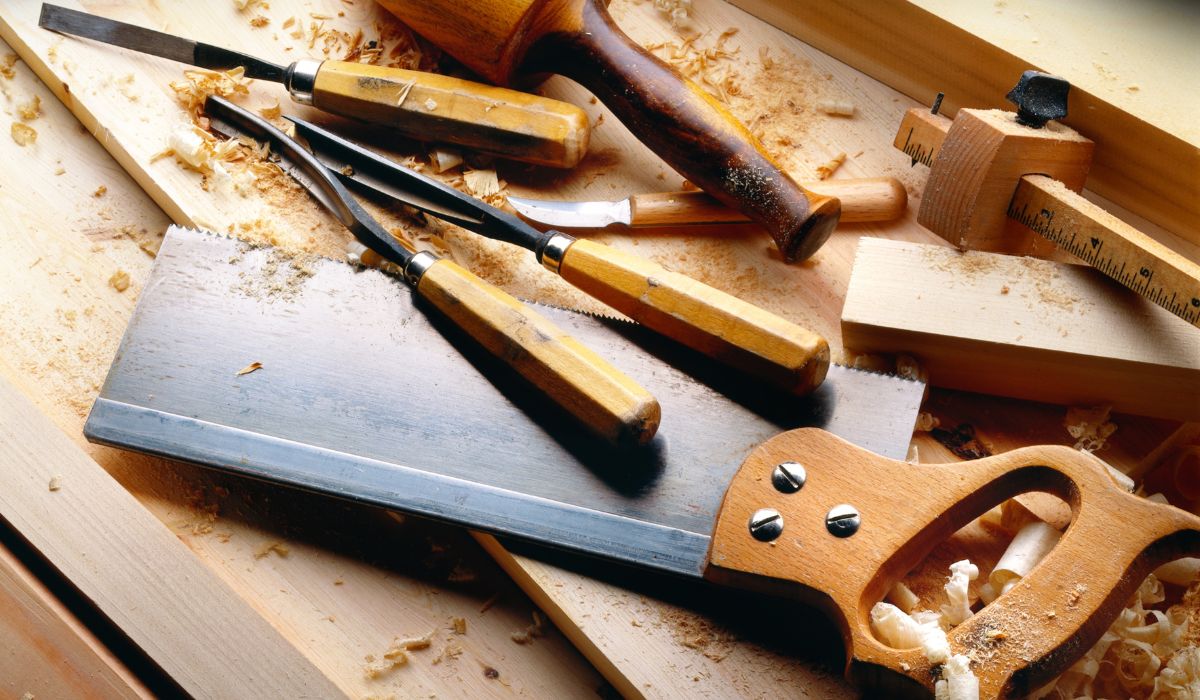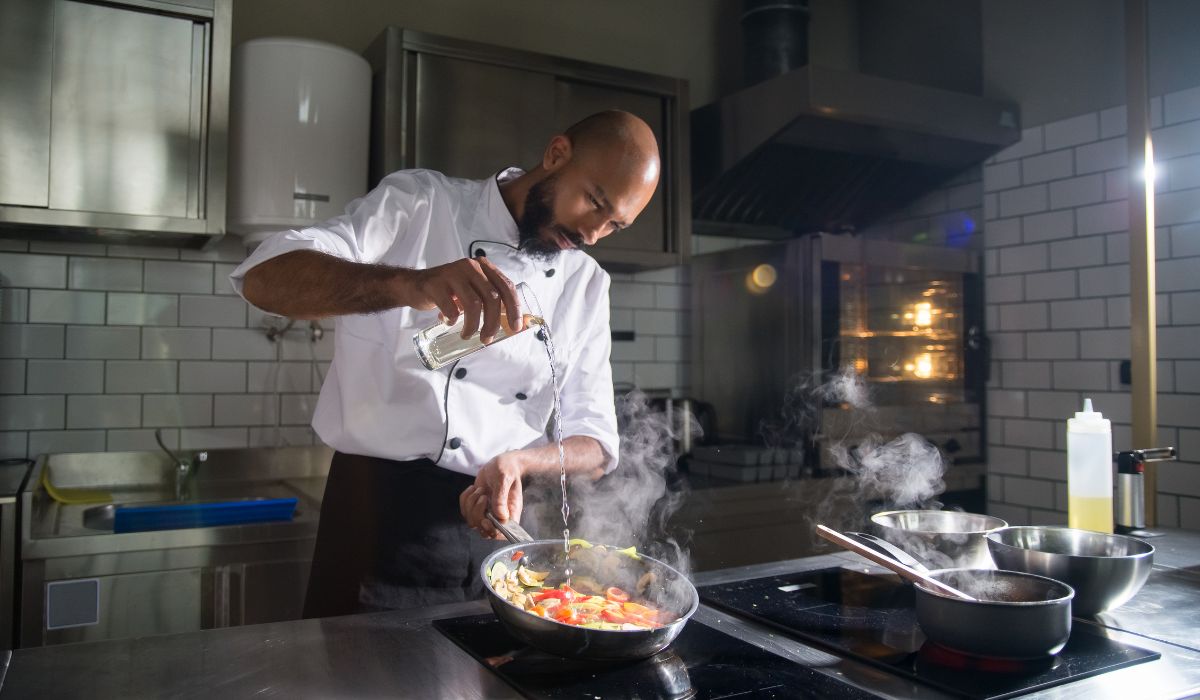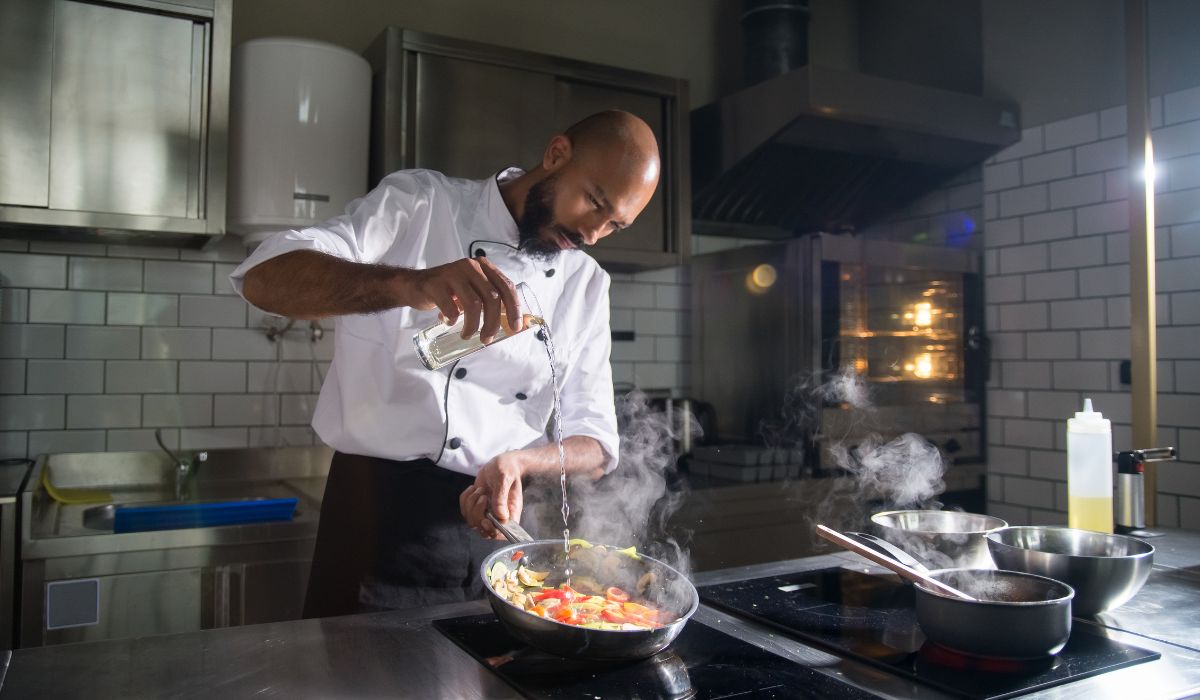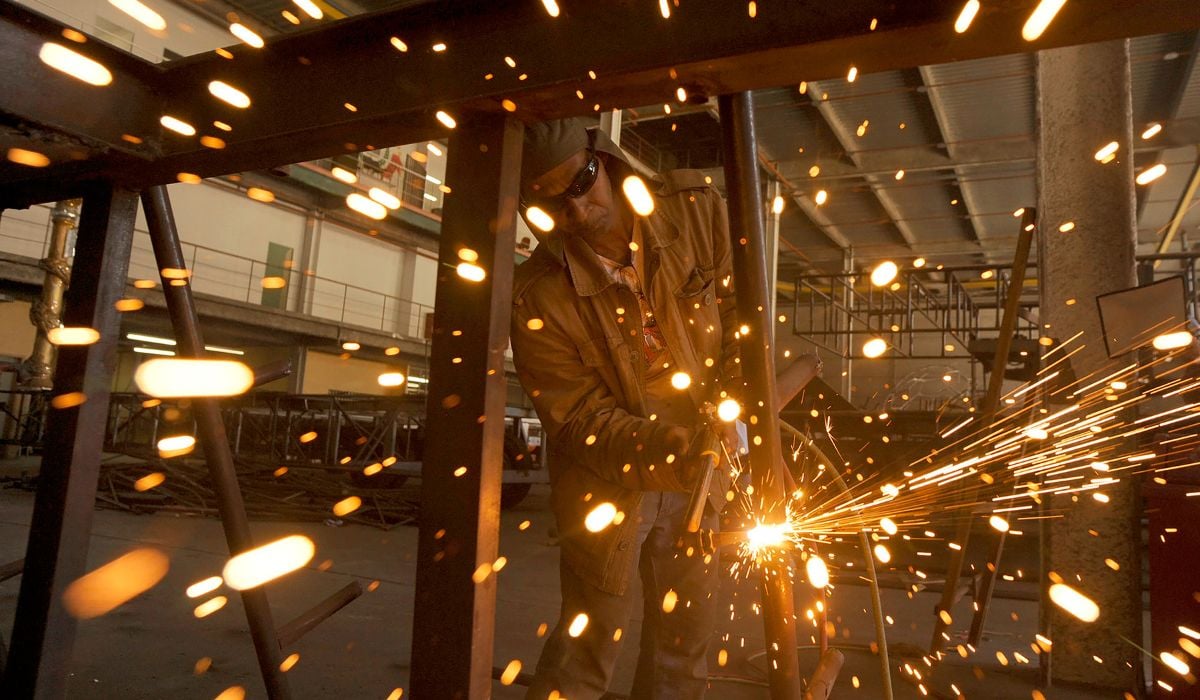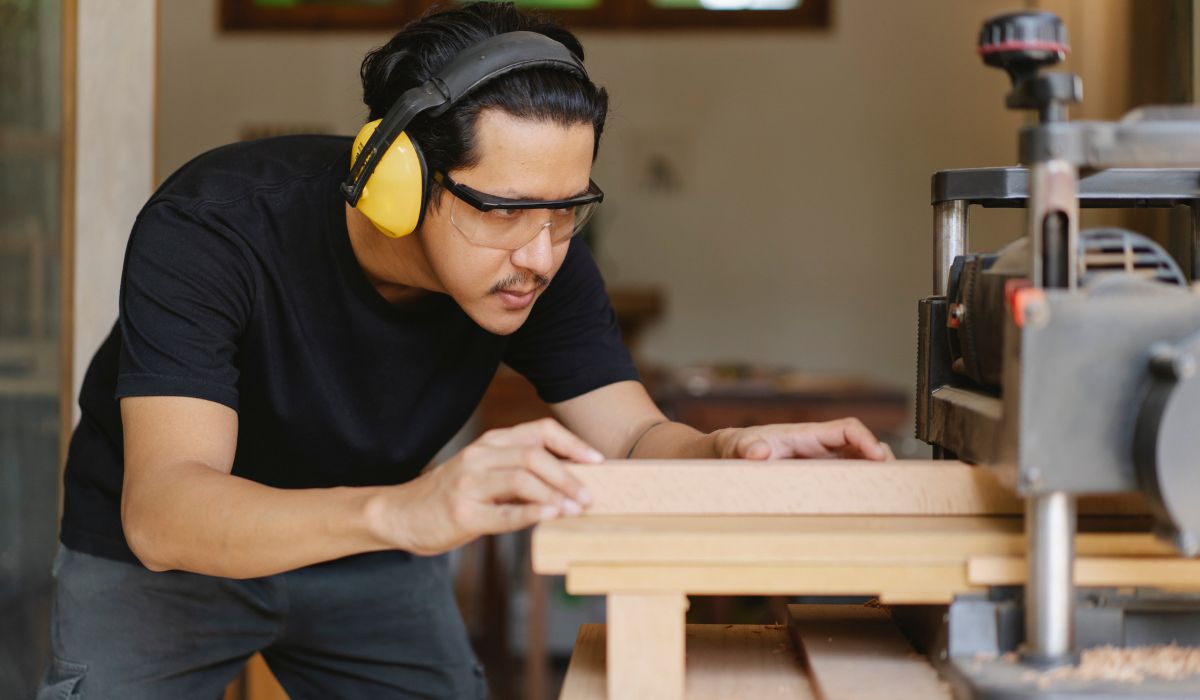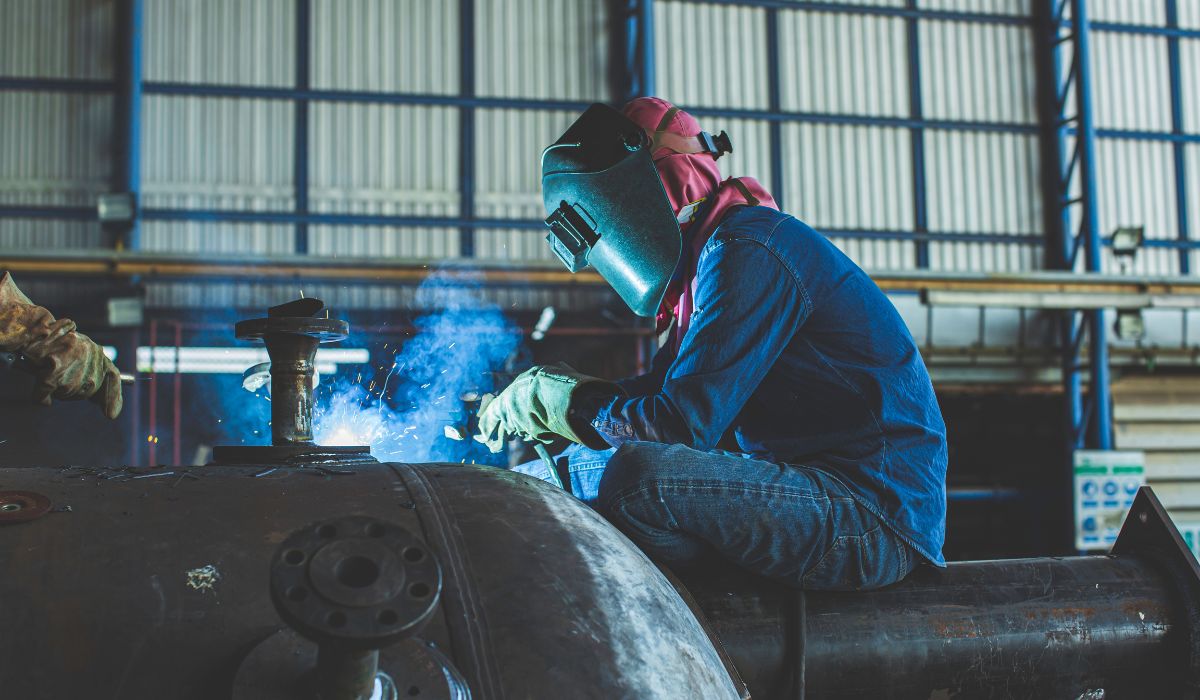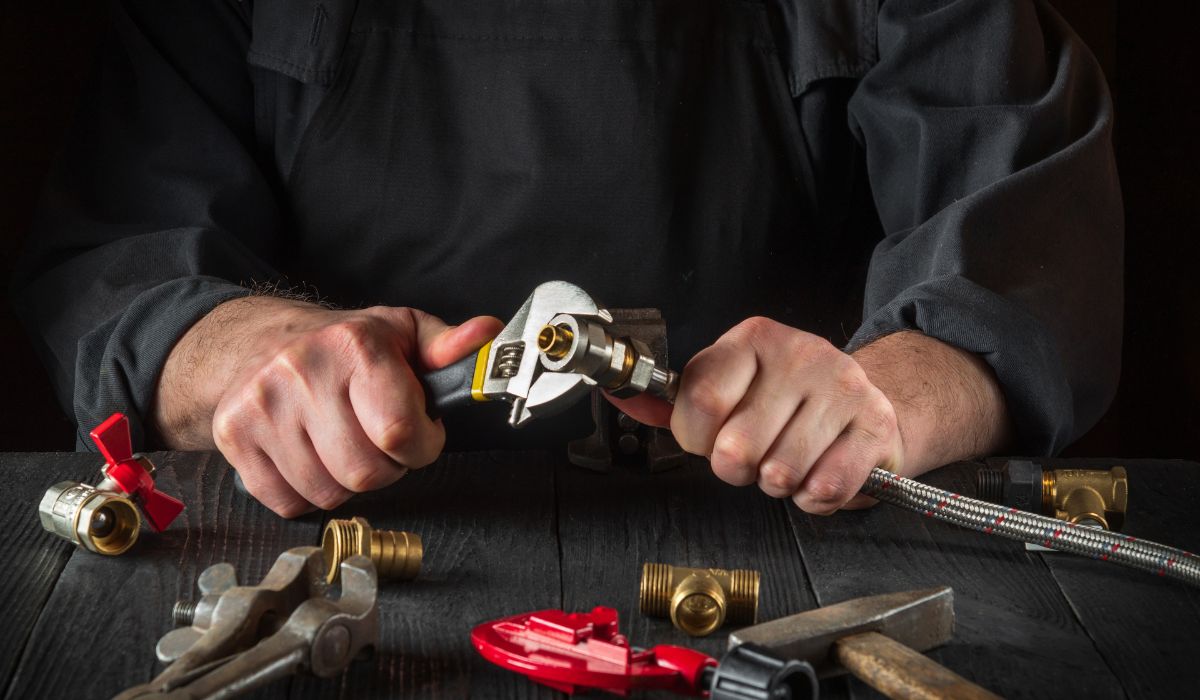Occupation description
A plumber is a skilled tradesperson who specializes in installing and maintaining systems used for drinking water, sewage, drainage, and heating in buildings. Their work involves various tasks, including:
- Reading and interpreting blueprints and building codes to plan plumbing installations.
- Installing pipes, fixtures, and appliances for water, gas, steam, air, or other liquids.
- Inspecting and testing plumbing systems for leaks and other issues using pressure gauges and other equipment.
- Repairing or replacing broken or malfunctioning plumbing fixtures and systems.
- Following safety protocols and adhering to plumbing codes and regulations to ensure compliance and safety.
- Collaborating with other construction professionals, such as electricians and HVAC technicians, to complete projects effectively.
- Providing maintenance services to ensure the ongoing functionality of plumbing systems.
How will I be assessed?
Becoming a certified plumber requires showcasing your skills through a comprehensive assessment process. Here's a breakdown of what you might encounter:
1. Documentation Review:
This initial stage verifies your eligibility by checking:
- Proof of qualifications (e.g., Certificate III in Plumbing) or relevant apprenticeship papers.
- Work experience records demonstrating practical experience in plumbing tasks.
2. Knowledge Assessment:
This section tests your understanding of plumbing principles, materials, and safety regulations. Expect:
- Written exams: Covering topics like plumbing codes, water supply systems, drainage systems, fixture installation, and safe work practices in a plumbing environment.
- Computer-based assessments: Interactive simulations or scenario-based questions might test your problem-solving skills in troubleshooting and repairing common plumbing issues.
3. Practical Skills Assessment:
Get ready to showcase your hands-on abilities! Here's what you might be tasked with:
- Reading and interpreting plumbing drawings: Translate blueprints and specifications into clear instructions for installing or repairing plumbing systems.
- Material selection: Choose appropriate pipes, fittings, and fixtures based on project requirements and plumbing codes.
- Cutting, threading, and assembling pipes: Utilize tools and techniques to prepare and join pipes of different materials.
- Installing and repairing plumbing fixtures: Demonstrate proficiency in installing and repairing toilets, faucets, sinks, and other fixtures, ensuring proper water flow and leak-free connections.
- Testing and troubleshooting: Apply your knowledge to test the functionality of a plumbing system and identify and fix common leaks or blockages.
4. Interview (Optional):
Some assessments may include an interview to discuss your experience, approach to tackling plumbing challenges, and your commitment to safety in the workplace.
Remember:
- The specific assessment format and required skills might vary depending on the chosen assessment body and desired level of certification.
- Some assessments might emphasize specific areas like advanced plumbing techniques, working with different types of piping materials, or using specialized tools and equipment.
By successfully navigating these assessments, you'll demonstrate your plumbing knowledge, practical skills, and commitment to safety, paving the way for a fulfilling career as a certified Plumber!
What skills and knowledge do I need?
The qualification relevant to this occupation is the CPC32420 Certificate III in Plumbing.
To be awarded this qualification, you must demonstrate your skills and knowledge in the units of competency listed in the table below. Each unit of competency defines a selection of knowledge and skills required in Australian workplaces.
How to Apply

01
Check your eligibility
Before applying, you must meet certain years of experience and/or qualification requirements to successfully pass the skills assessment through TRA/VETASSESS.
02
Assessment Process
At Educube, we specialize in documents and evidence collection processes for you, so it is almost guaranteed that your skills assessment will be successfully approved.
03
Evidence Confirmation
Once our dedicated skills assessment specialists review your paperwork and ensure it meets the highest standards only then we will proceed with your main application.
04
Start your online application
Explore other migration options
FAQs
Didn't find what you needed? Try these
1300 092 997
Call us on above number to get quick solution.
[email protected]
For general queries and questions including partnership opportunities

